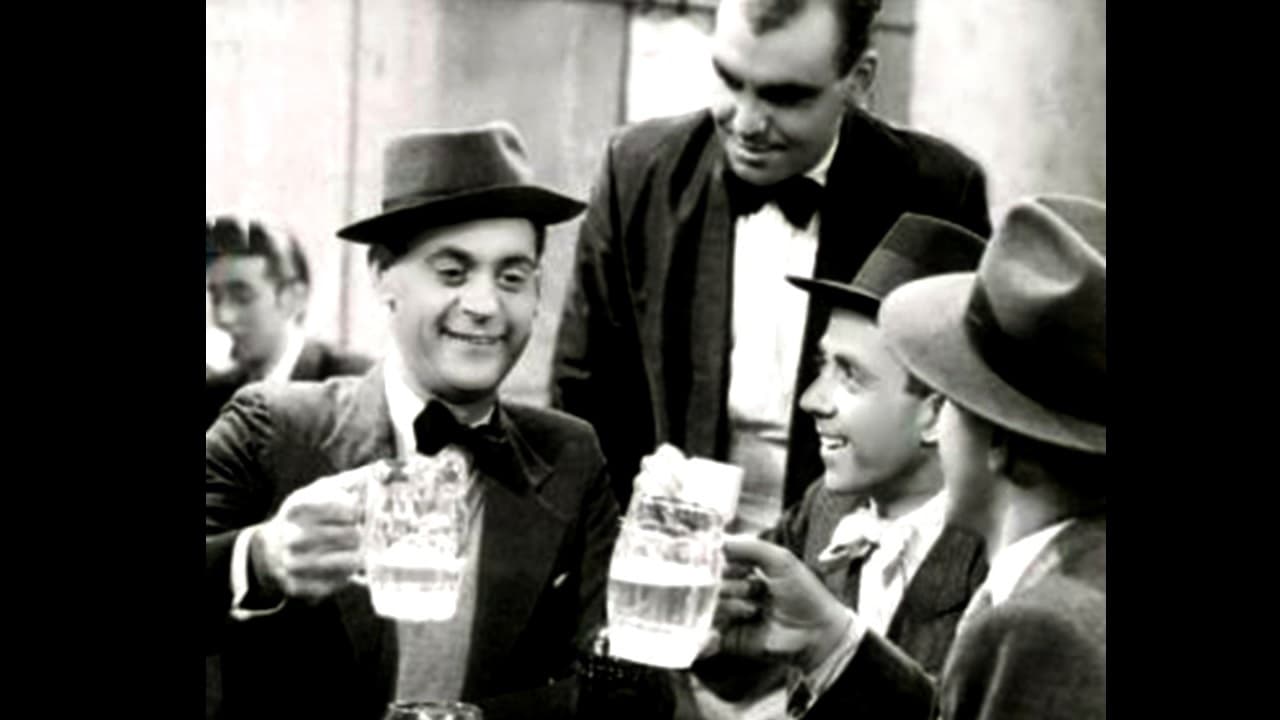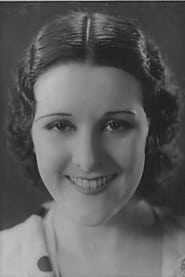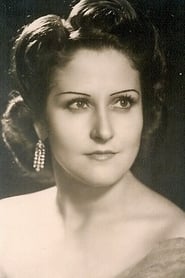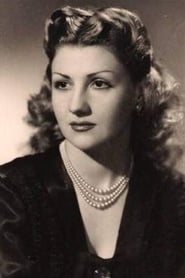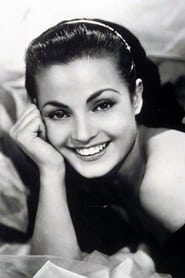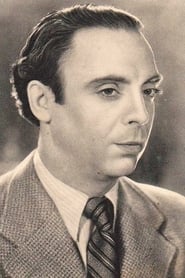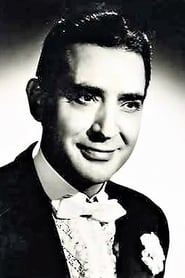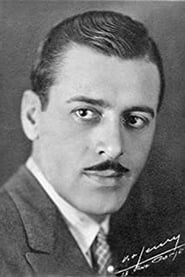The best Concha Piquer’s movies
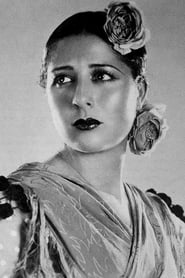
If you love cinema, you will share this ranking of the best Concha Piquer’s movies, although you may have ordered them differently. In any case, we hope you love it and with a little luck discovering a movie that you still don’t know about Concha Piquer.
Filigrana
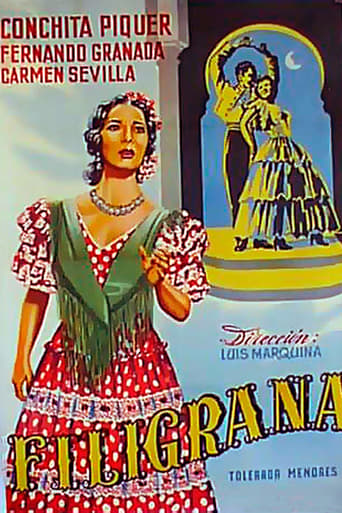
5.5/10
Filigrana is in the prime of his career. His dressing room is full of flowers and always the same fan: William Harrison who asks her to marry him. Watermark says he heard those same words in the mouth of another man, the Earl of Montepalma, player and womanizer who loved and yet humiliated by a gypsy.
Canciones de nuestra vida
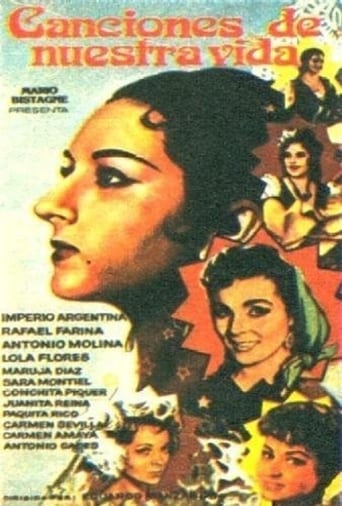
6.2/10
La bodega
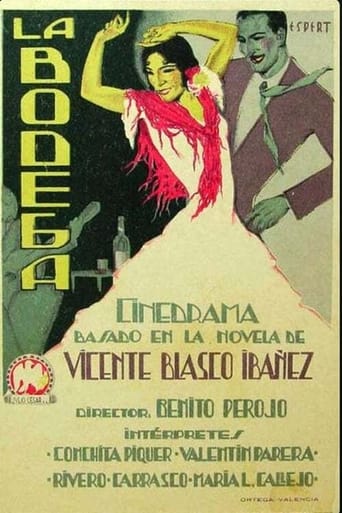
6.2/10
Wine Cellars itself is a Spanish-French co-production. He shot the film in the Paris studios and also in Spain, Andalusia and Seville. According to the critics, his story of love, honour, revenge, bulls and vineyards masterfully captures the spirit of this region, the sun beating down on the parched earth, life on the farms and vineyards and the celebrations coloured by the famous flamenco dance. Wine Cellars was originally a silent film and its soundtrack was only added later.
La Dolores
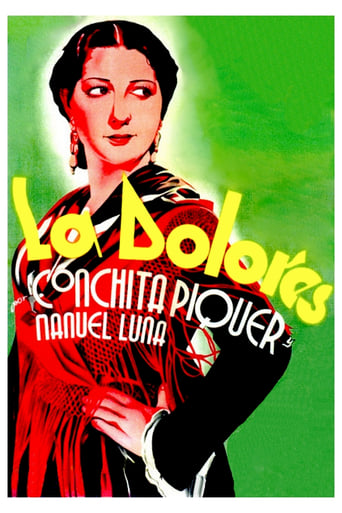
7/10
Dolores, a beautiful young woman, works at the inn Daroca and is courted by the local barber Melchor, and Mr. Patricio, the richest farmer in the region. One day the young Lazarus appears at the inn, a Latin student who falls for the girl and is repaid in the same way. Frustrated, Melchor invents the famous song of Dolores, known by all, staining the honor of the girl.
Songs for After a War
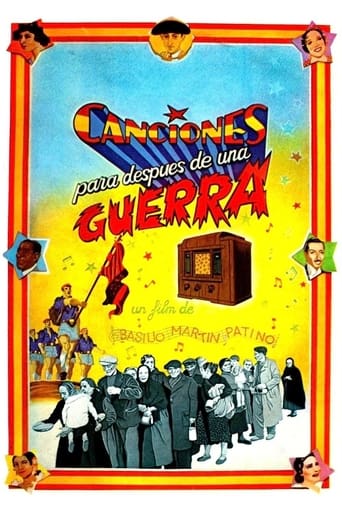
7.3/10
This is a masterpiece of found footage and archival cinema largely ignored. Using vast collections of photographs and family films acquired in the flea markets and to expatriates, combined with images produced by mass media and Franco official regime, this film traces the history of the people of Spain from civil war to the raising mass culture and consumption in the '70s. The "particularity" is that all the chapters are distinguished among them by a popular song, related with the content shown, with deals with the invented and surrealistic world invented by people to survive in starvation, repression and lack of freedom. This strategy takes that to the origins of cinema, to the cabaret, and to cinema as a colective party in the theater.
The Black Man Who Had a White Soul
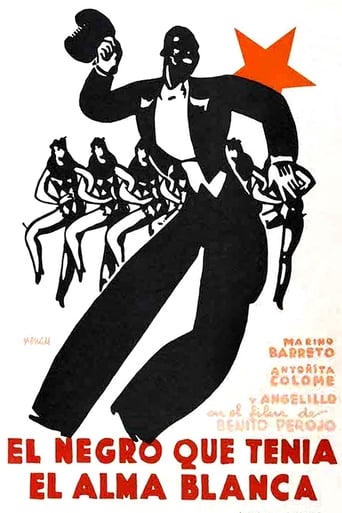
6.7/10
Pedro (played by a white actor in blackface), a son of a former slave, leaves Cuba (where he was being mistreated for being black) to seek his fortune in Paris. While working as a bellboy at a dance club, his dancing prowess is discovered and then he goes to become a famous dancer of the Charleston in the city. He falls in love with his dancing partner, who could not stand the thought of marrying him because of his skin color.
Conchita Piquer
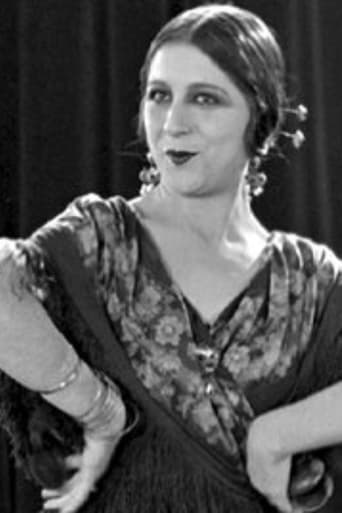
Me casé con una estrella
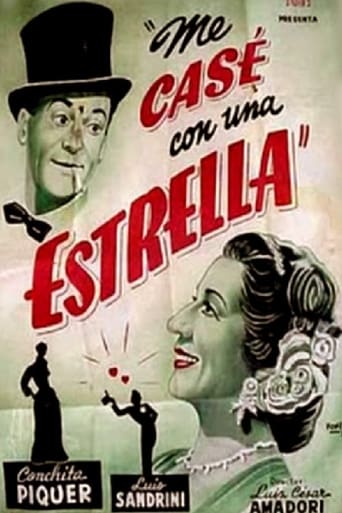
A 1951 Argentinean film.
